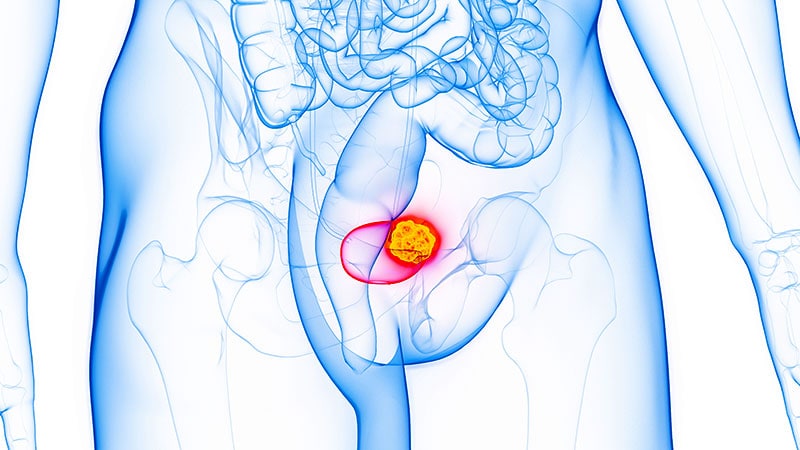If you are like me, you’ve probably heard enough about “positive thinking” that you tend to just ignore it. Today I read an article in the New York Times that reminded me just how powerful our expectations are–both positive and negative. The article talks about what is called the “nocebo” effect. You are probably familiar with the placebo effect. People who are given a sugar pill and think it will cure their ailment will often see improvements simply because they expect it to help. The nocebo effect is the tendency of people to get expected side effects even when they are taking a sugar pill. If they think that a pill may cause stomach problems, a higher percentage of people taking the sugar pill will get stomach problems–even though the only reason is mental.
In one incredible case, a participant in an antidepressant clinical trial tried to commit suicide by overdosing on the trial pills. The test subject didn’t know it, but their pills were the placebos from the control group so they should have been harmless. Even though the pills themselves had no effect on their body, their blood pressure dropped dangerously low. They had dropped their blood pressure using their mind alone. Through some mental process, they were able to create the effects that the medicine would have had if it were real.
This obviously has all kinds of implications for the way our bodies work, but on an everyday level, it really points out the power of our expectations. If you expect to have a negative interaction with a coworker, your expectation may very well make you respond in a way to get exactly what you expect. The individual who has a difficult time with mathematics may face an uphill battle with the subject hampered mostly by their expectations.
The nocebo effect is a great reminder that if we aren’t getting the results we want, it is worth making sure we aren’t just getting what we expect. Otherwise, you may be trying to achieve one thing on a conscious level only to be thwarted by your unconscious trying to create the situation you expect.
Expectations are a difficult thing to change and while you can try to “think positive” or maybe “expect positive” you may need to actually do something to give yourself a reason to expect different results. For example, maybe you can’t expect a good interaction with a particular coworker, but what if you try to do something different yourself that will help create a better result? It may not matter so much what you do as it matters that now you will be looking for a positive interaction.
This may explain why people who consistently take small steps toward their goals often get much better results than you’d assume based on the size of their investment toward those goals. They are trying to improve X so they do something small with the expectation that it will improve X. By having the expectation, their subconscious participates in many ways to help get the results they are expecting. Maybe this means they try just a little harder. Maybe it means their brain spends more time working on a particular problem while they are sleeping. Maybe it means their brain instructs their body to regulate certain processes differently.
The point is that what you expect does in some way influence what type of results you get. If your expectations are low in a certain area, then you are going to be working against yourself unless you can find some way to make improvements that also involves raising your expectations.
Reader Interactions
Note: This article have been indexed to our site. We do not claim legitimacy, ownership or copyright of any of the content above. To see the article at original source Click Here













